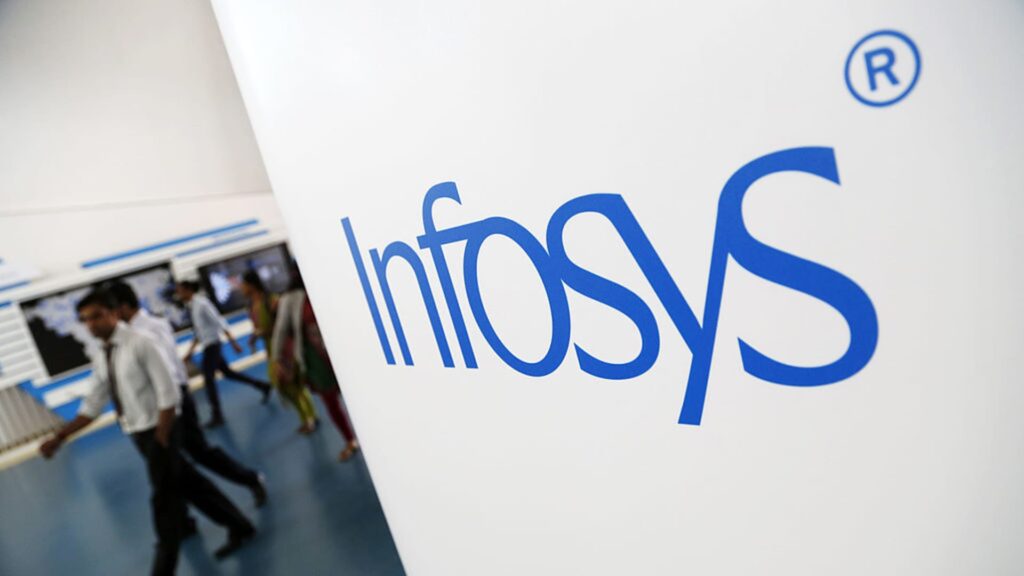Shubla Singh’s Saturday night dinner at a Pittsburgh bar was ruined by the White House.
Her eight Indian friends at the table, all the technicians on the H-1B visa, were glued to the phone as they tried to get more information about President Donald Trump’s latest move to raise the fees for H-1B visa applications.
Their family was desperately sending out “any kind of articles on the situation in the H-1B,” adding that Singh, an Indian biotechnology expert, was traveling to the US and “anxiety was clear.”
Approximately 71% and 11.7% of US H-1B visa holders are Indians and Chinese citizens, respectively. The Trump Declaration declares U.S. employment in uncertainty by increasing H-1B visa fees to $100,000.
US-India relations have deteriorated over the past few months as Washington imposed additional tariffs on Indian exports in response to New Delhi’s ongoing Russian oil purchases.
Back in India, the Indian IT company’s shares declined on Monday after the US announced a work permit visa fee plan to bring new employees to the country.
The impact of the stock market
The move could hit businesses, primarily the technology and financial sectors, which rely heavily on highly skilled immigrants, particularly from India and China.
If a $100,000 visa fee for the H-1B Visa application is implemented, “an increase in business costs for IT services companies and termination clients in the US will affect IT services companies’ margins,” Citi Research said in a note on Sunday.
He added that the margins of Indian IT companies are likely to be affected as the costs of doing business in the US “not fully handed over to customers.”
Investors responded to the news by cutting stocks in Indian IT outsourcing companies. Infosys, Tech Mahindra, Wipro, HCL Technology and Tata Consultancy Services.
Small and medium-sized businesses were losing ground too Persistent system, Coforgi, mphasis, FirstSource Solution and Cyient Stocks are between 1.7% and 4.2% (1:30AM) by 6:30AM in London.

The stock market movement indicates that investors expect a meaningful increase in the relative prices of H1-B visa employed workers.
The increase in visa fees means an average hit at a margin of about 100 basis points and an average impact of about 6% on the earnings per share of Indian IT companies.
Analysts suggest that IT companies are likely to change their staffing strategies as a result of new costs, either by sending workers to centres “near the shore” in Mexico and Canada, replacing H-1 B recruises with US residents and citizens, or by doing more work to India’s growth “Global Capacity Centre.”
“Over the years, we have steadily reduced our dependence on visas through increased local employment, acquisitions and partnerships,” outsourcer Mphasis said in a statement to investors on Monday. “We are fully staffed with all existing client requirements and operate in business mode as a business.”
Jpmorgan’s Toshi Jain predicted that the impact would be felt far beyond India’s tech sector, although modest.
The economist said a decrease in the number of new H1-B visa holders is likely to lead to a decrease in remittances sent to India.
Jain also chooses that Indian students will be choosing to go to the US over the next few years as a $100,000 visa fee could serve as a new “tax” for finding post-educational jobs in the US.
Prashanth Prakash, a partner at the Indian venture capital firm Accel, reflects the view that it is not easy for India to go to a US university and seek work.
He added that the fact that Indian talent is no longer heading towards the US could benefit the Indian startup ecosystem, dominated by tech companies.

“The recent uncertainty of the H-1B reminds us that India must create opportunities for world-class talent to flourish without leaving the home,” said Apurv Agrawal, co-founder of Indian startup Squadstack.ai.
Correction: This article has been updated to more accurately reflect Citi’s research notes on the impact of H-1B fees on India’s IT margins.

